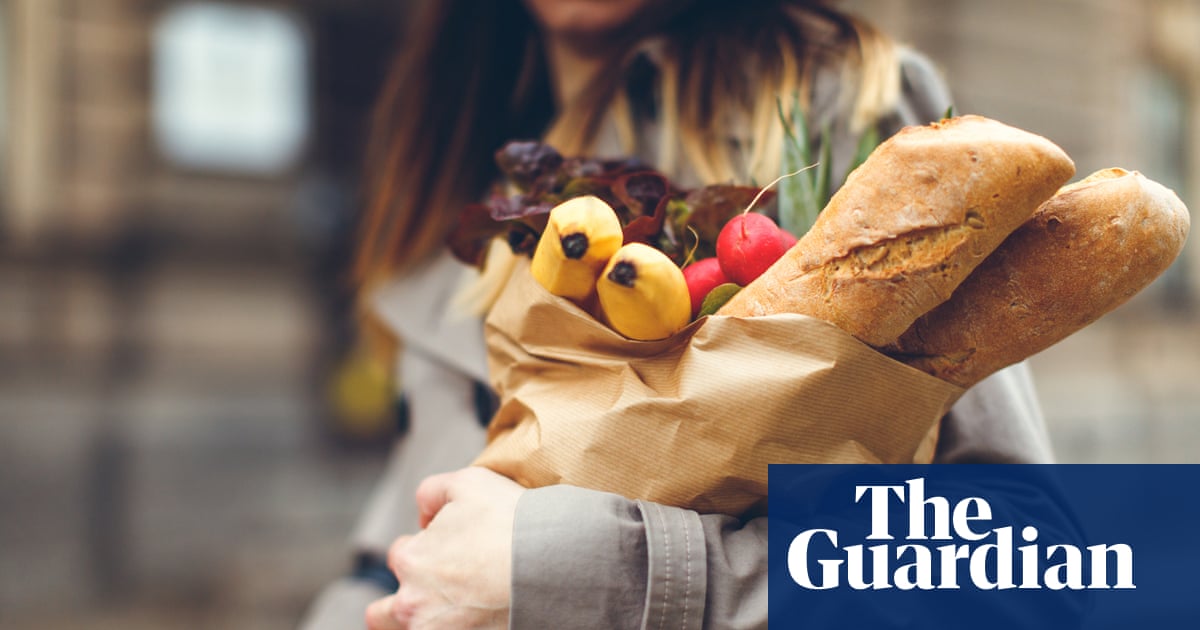
The Co-operative Group is to stop selling plastic “bags for life” because, with many shoppers using them only once, they have become as big a problem as the single-use carriers they replaced.
With more than 1.5 billion “bags for life” sold each year Jo Whitfield, the chief executive of Co-op Food, said plastic pollution was a “massive issue” for retailers. “Many shoppers are regularly buying so called “bags for life” to use just once and it’s leading to a major hike in the amount of plastic being produced,” she explained.
While plastic bag levies have led to a dramatic reduction in the number of single-use bags in circulation environmental campaigners are now concerned about the impact of “bags for life” which use more plastic. Their sale, in huge quantities, is feared to be making the plastic problem worse rather than better.
Earlier this month Morrisons became the first supermarket to completely remove plastic bags from its stores, with customers instead offered paper ones costing 30p alongside other reusable totes including string and jute ones costing between 75p and £2.50. The move followed a successful trial in 2020.
The Co-op will stop selling “bags for life” in its 2,600 stores once current stocks are exhausted, it said. The decision will eliminate 29.5m bags a year, equating to 870 tonnes of plastic, from sale. Customers caught on the hop can buy a compostable bag, which can be then reused as food waste caddy liner, for 10p or spend between 50p and £1 on a woven or foldable bag.
The decision comes ahead of next month’s change to the plastic bag levy in England which will force retailers, including corner shops for the first time, to charge customers 10p for a single-use bag, up from the current 5p.
Whitfield wants the government to make it mandatory for retailers to report on the sales of all their reusable bags, not just single-use carriers – and to charge at least 50p for them, so as to encourage more reuse. At present the Co-op is the only major retailer sharing this data and Whitfield said a fuller picture would lead to better understanding of plastic bag levies and their “true effect on shopping behaviours when customers are making decisions at the tills”.
All bags, regardless of the material they are made from, have an impact on the environment and getting shoppers to reuse them is key. “Just as we all now carry a mask about ourselves, we should be doing the same with shopping bags,” said Helen Bird, the strategic engagement manager at Wrap, the waste reduction body.












